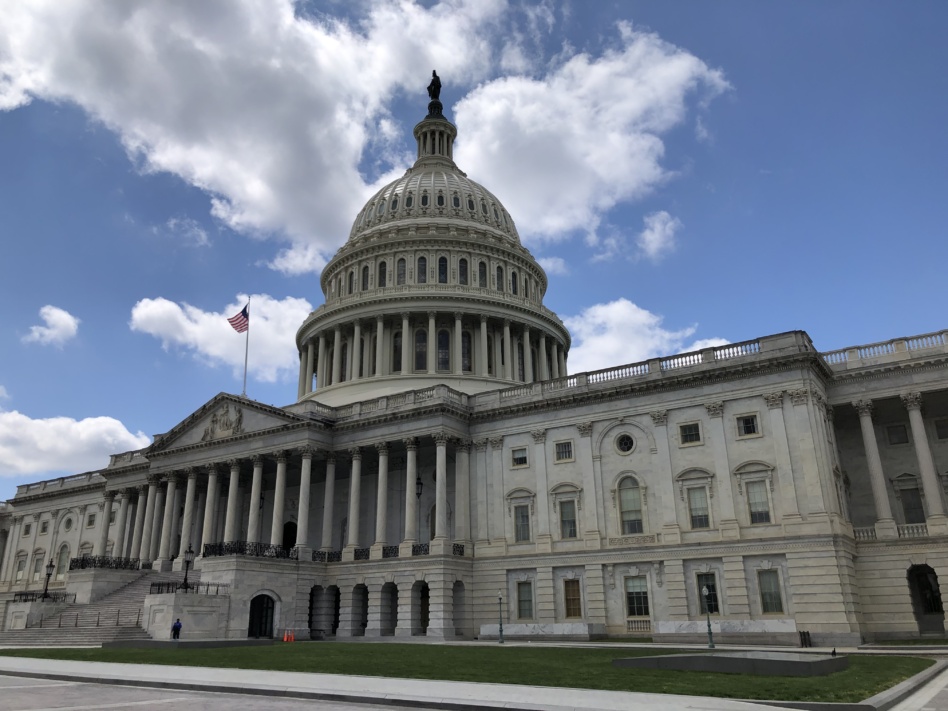The FAA must make “immediate changes” to the regulatory framework governing launch and re-entry, according to Sen. Jerry Moran (R-KS), a senior authorizer and appropriator who oversees the space sector.
Moran sent a letter to FAA Administrator Michael Whitaker on Friday complaining that access to space is “being threatened by regulatory inefficiency.”
“Across the commercial space industry, concerns are abundant in every stage of FAA’s Office of Space Transportation (AST) of both its formal licensing process and its information pre-application review,” Moran wrote in the letter, which was obtained by Payload.
Setting the scene: The FAA completed an overhaul of federal launch licensing regulations in 2020 under an order in Space Policy Directive 2 to streamline the process. But the new regulations, known as Part 450, quickly faced criticism from industry.
The agency announced in February that it would stand up an aerospace rulemaking committee, or SpARC, to get more industry input and refine the regulations, which launch providers must comply with by March 2026.
Moran isn’t the first lawmaker to criticize the agency for taking too long to issue launch licenses. Asked to respond to the allegations at Payload’s Space Capitol event in March, AST chief Kelvin Coleman said Congress could fix the issues with more funding.
“We are viewed sometimes as the long pole in the tent. If you want that pole to be shorter, you have to look at funding our office,” he said.
Keep pace: Moran alleged that issues with the regulations are delaying the Artemis program, with vehicles ready to fly except for the regulatory okay.
“It is irrational to think it often takes more time to complete licensing evaluations than actual rocket development and testing,” Moran wrote. “AST must rapidly improve its transparency, accountability, and pace of execution; America’s leadership in space depends on it.”
Open questions: Moran asked Whitaker to answer several questions by Nov. 8, including:
- When the FAA’s SpARC will get started, and why it’s taken so long
- A breakdown of how the agency has spent its $42M budget in fiscal year 2024, and any additional resources it needs to boost efficiency
- Whether making the Office of Space Transportation a standalone office of the Transportation Department, rather than within the FAA, could help
- What steps the FAA is taking to speed up its processing timeline





